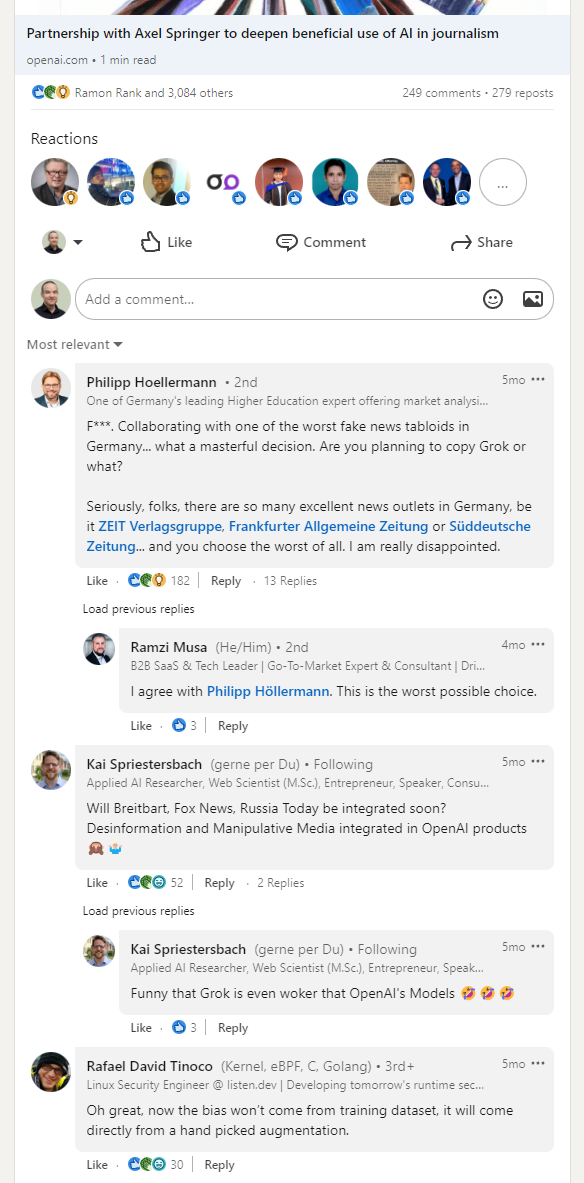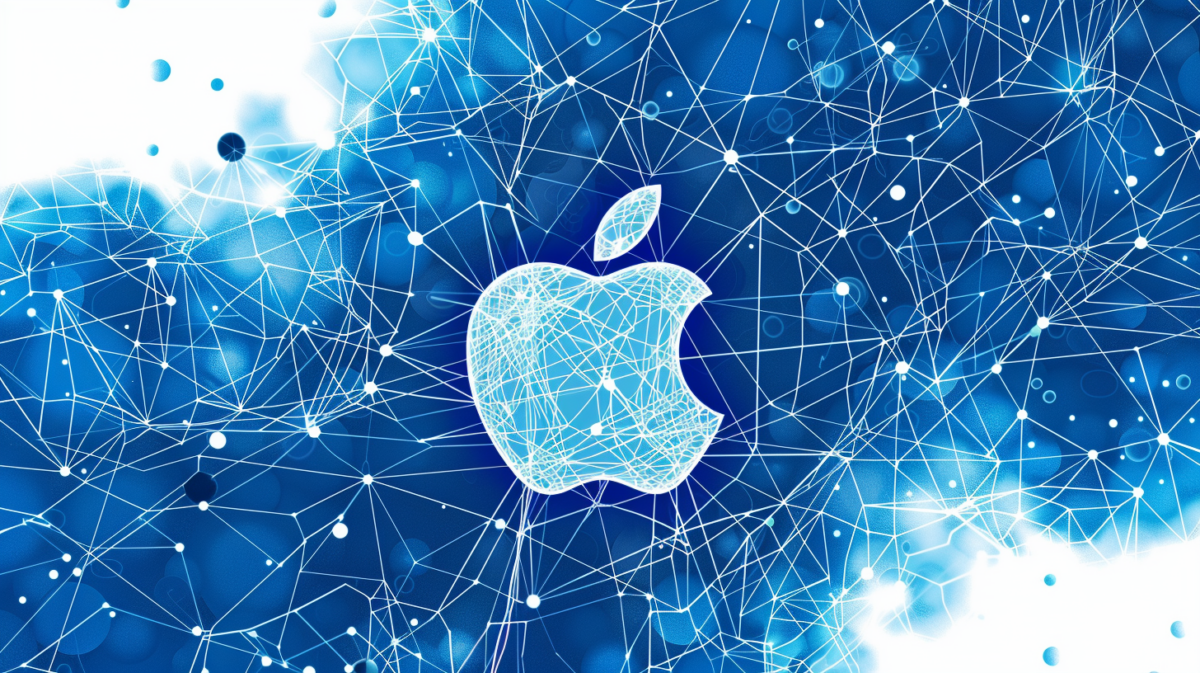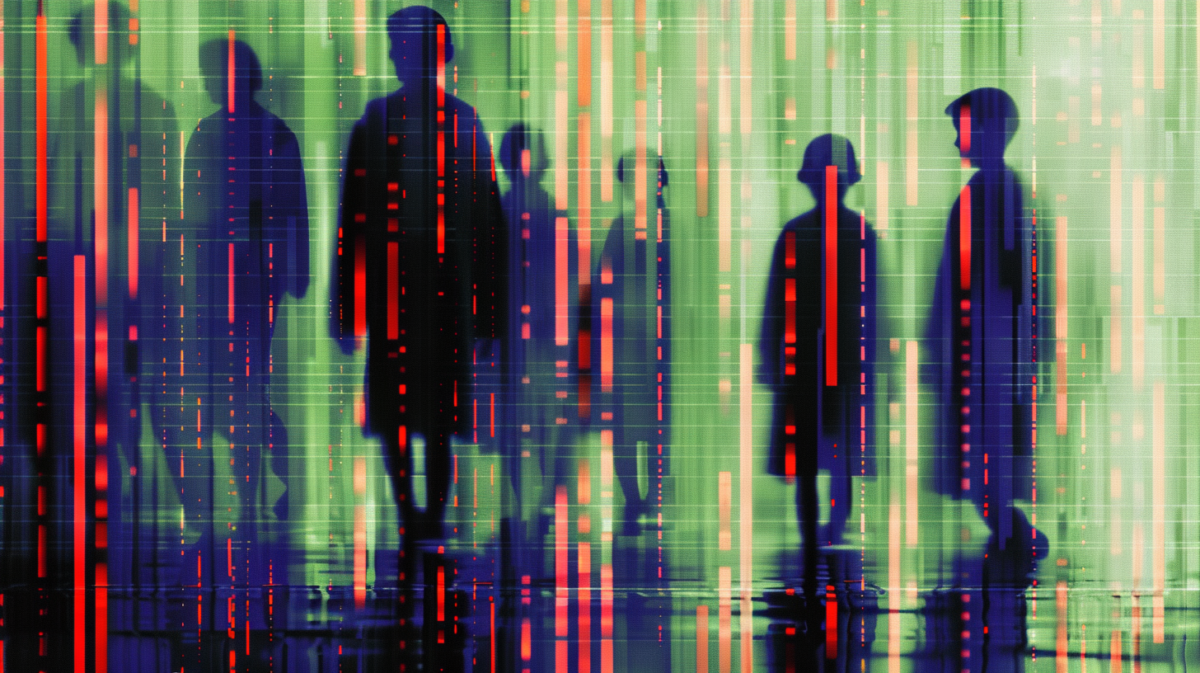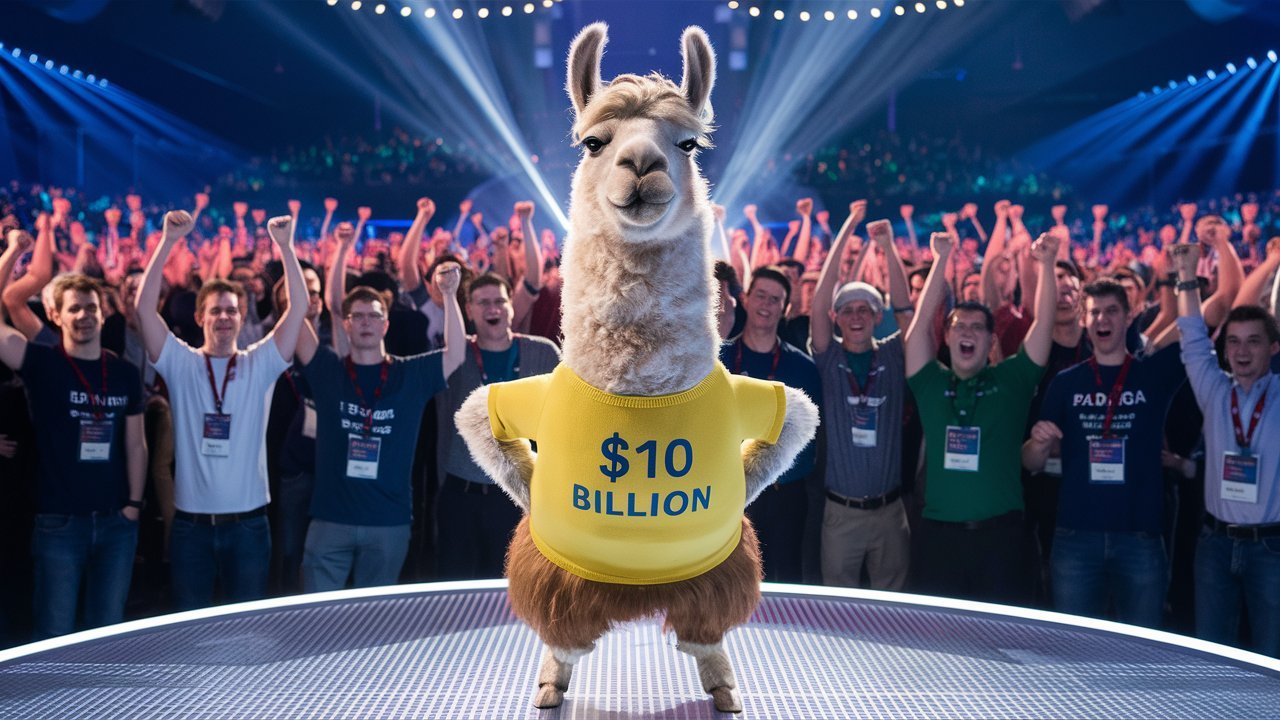OpenAI thinks it knows what media is “high quality,” and that’s a problem

OpenAI’s pitch deck for its “Preferred Publisher Program” shows that the AI company is confident in its ability to decide which media outlets are “high quality.” This is a problem.
According to a pitch deck leaked to Adweek and conversations with four industry representatives, OpenAI is offering partnerships to select media outlets as part of its Preferred Publisher Program (PPP).
The program includes financial incentives based on the number of views and more prominent display of publishers’ content in ChatGPT. In return, OpenAI gets access to the publishers’ current content and archives to train its models. According to Adweeks’ sources, the PPP program is primarily about “crawling,” or accessing the latest content.
Publishers including Associated Press, Axel Springer, Financial Times, Le Monde and Dotdash Meredith have joined the program.
Ad
Ad
The deck states that the PPP should encourage more ChatGPT users to browse, i.e. to conduct Internet research via chat responses with links.OpenAI expects that the majority of users will use this feature in the future. Currently, they estimate that about a quarter of users use ChatGPT like a browser.
PPP members can place their content prominently through various display products such as hover links, anchor links, and inline quotes. All products link back to the original source.
An OpenAI spokesperson confirmed to Adweek that there have been “productive conversations and partnerships with many news publishers around the world.” However, the leaked version is outdated and contains “a number of mischaracterizations and outdated information.”
OpenAI positions itself as the gatekeeper of the chatbot ecosystem
Still, the Adweek report illustrates OpenAI’s strategy. According to the deck, the program is only open to “select, high-quality editorial partners.” This means that a small, non-transparent U.S. tech company is essentially claiming the right to determine which media outlets around the world provide trustworthy and high-quality content, which is highly problematic to say the least.
OpenAI’s categorization of “high-quality” and implicitly “low-quality” media is not transparent. The criteria used to make these decisions, and the role of political, ideological, or economic interests, remain unanswered questions. No private company should determine what constitutes “good” journalism – especially an AI company that is itself the focus of media scrutiny.
Recommendation
The multi-million dollar deal with Axel Springer has been heavily criticized on social media, but OpenAI has not responded to this criticism, demonstrating the company’s commitment to transparency.
Anyone assessing the AI market today can confidently accept OpenAI’s approach and these agreements as legitimate arrangements between two private companies. Despite its success to date, ChatGPT’s penetration of the news and information market is insignificant.
However, anyone who believes or sees the possibility that chatbots are the future of the information ecosystem and that proprietary websites and media platforms have had their day should critically scrutinize these deals.
If OpenAI succeeds, which is far from certain at this point, its market power over our information ecosystem will be far greater than Google’s today.
In a recently published, supposedly transparent presentation of how OpenAI plans to interact with publishers, the company showed its true colors. The message buried in many PR platitudes is: If you don’t want to join, you can leave. But we decide who gets to join, in a way that pays off. It’s Google, only worse.
Clear rules for when and to what extent a publisher becomes part of the OpenAI Partner Program should be the minimum standard. This is a task for lawmakers, who currently lag far behind the reality of the market.
Google’s influence should be warning enough
Google has been toying with the publishing industry for years, mainly to prevent publishers from forming a united front. Individual publishers put their interests ahead of the industry. Google has exploited this, and OpenAI is copying it.
All publishers, whether by choice or by force, are now realizing how damaging this dependency is as Google tightens the reins and reclaims its reach for its own interests, such as Search Generative Experience. Google’s distribution logic has also contributed significantly to the trivialization, scandalization, and overstepping of boundaries in online reporting.
It is of course fine for OpenAI to partner with select media, for example for training data. But we need open talks as equals, not backroom deals. The media industry must stay on guard and protect its remaining independence, which has already taken a big hit from Google.













